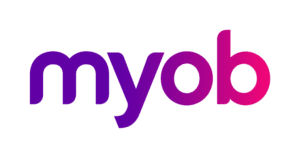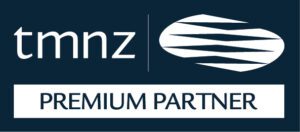A bill is before parliament to tax New Zealand’s top earners at 39% effective from 1 April 2021. Since the Labour government has a majority, we predict that this will come into effect and our clients should be prepared.
The change creates a disparity in the tax system where the Trustee tax rate of 33% is less than the top personal rate 39%. You may remember this disparity last surfaced prior to October 2010, where the top Trust tax rate was 33% and personal tax rate was 38%. The rate change is accompanied by changes to Trustee’s disclosure requirements, allowing Inland Revenue more detailed information on your affairs.
What you need to know
The change includes any income derived in your own name over $180,000. This includes extra pay earned in the course of employment such as bonuses, back pay, redundancy and retirement payments.
When Inland Revenue changes an income tax rate, a number of changes to other tax rates occur to synchronise the tax system such as:
- Fringe Benefit Tax (FBT) on all-inclusive pay over $129,681 will be 63.93%.
- Employer Superannuation Contribution Tax (ESCT) will increase to 39%, where taxable income exceeds $216,000.
- Resident Land Withholding Tax (RLWT) will increase to 39%, however if the vendor is a Company this will be capped at 28%.
- The minimum Family Tax Credits (FTC) has increased to $566 per week for families who work full-time.
Other personal tax rates remain the same.
Priority 1: Distributing existing retained earnings and imputation credits
Consider distributing the retained earnings of your company prior to the 31st of March 2021. In most cases for any gross dividend declared, Dividend Withholding Tax (DWT) of 5% will need to be paid to the Inland Revenue. The last date to do this is the 20th of April 2021. Depending on the size of retained earnings this could result in a significant cash outflow. It is a good idea to consider declaring a dividend if most of the shares held are in your personal capacity.
Priority 2: Evaluating your business structure
Regulatory authorities are aware the change will result in restructuring activity as taxpayers look to soften the effects of the change. This could be considered tax avoidance, so it is important to talk with your client manager if you are considering restructuring your affairs.
The same $1 that you earn is now taxed at different rates should you earn the income in your:
- Personal Name (39% Over $180,000)
- Company Name (28%)
- Trust Name (33%)
- Portfolio Investment Entity (Such as Kiwisaver) (28%).
We recommend getting in touch with your client manager to discuss how this tax change might affect you.









